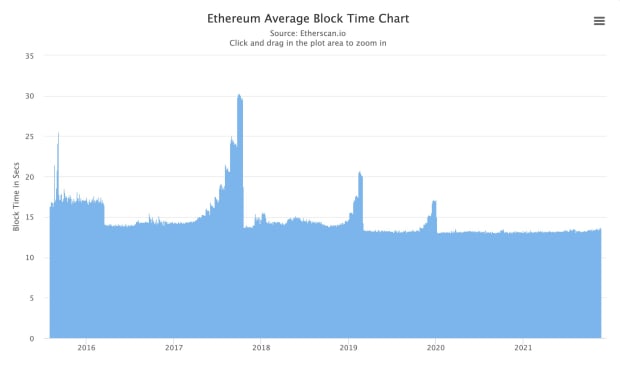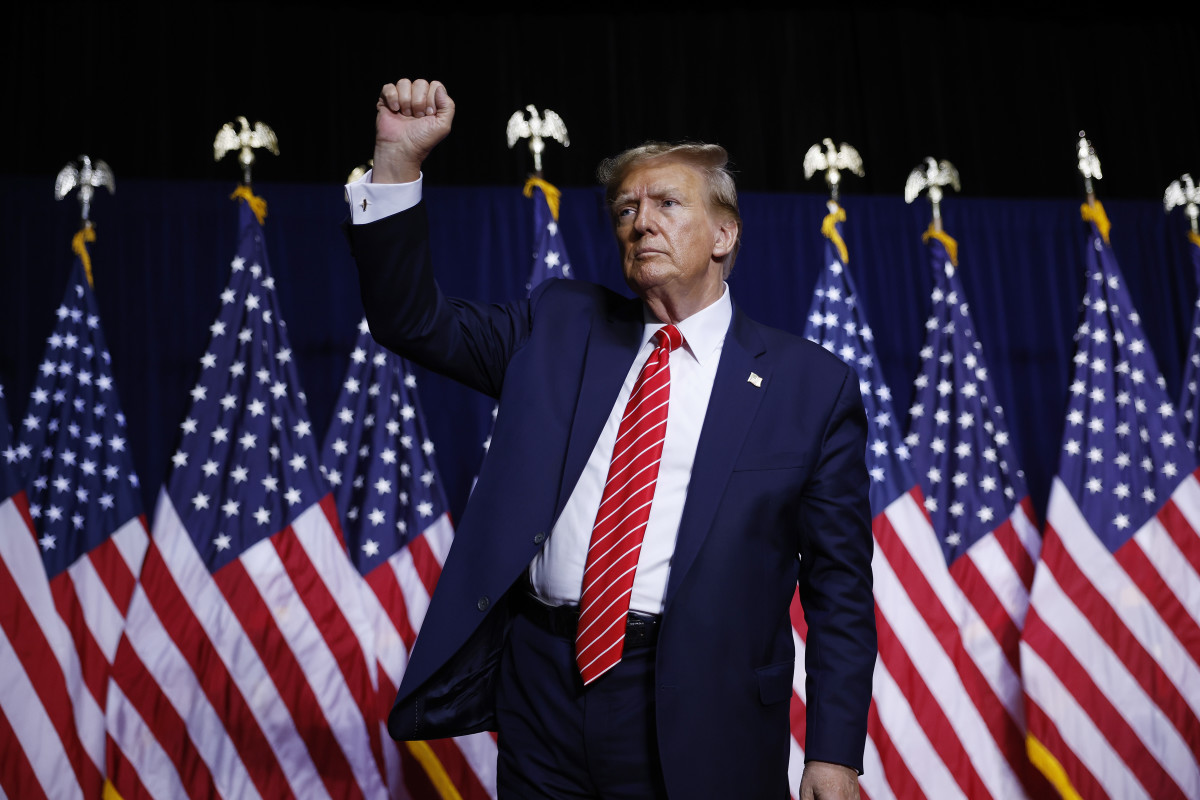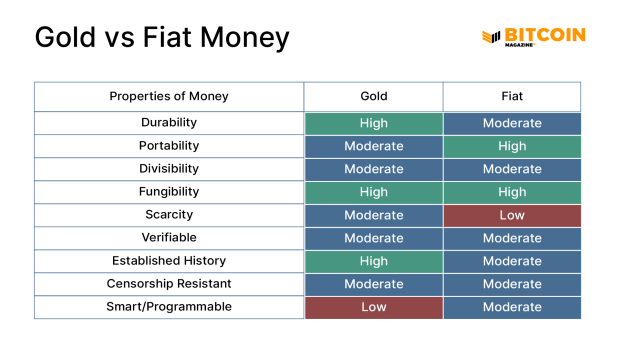The Case For Union Workers In Bitcoin Mining
Recently in the news, a Pennsylvania Bill, the “Cryptocurrency Energy Conservation Act”, was stripped of language that would have created a 2 year moratorium on Bitcoin mining. The author of the bill, Rep. Greg Vitalli, cited staunch resistance to the moratorium stating “the strong opposition to sweeping changes to the state’s environmental laws is being pushed by trade labor unions.” Aside from the misguided and outdated attack on Bitcoin’s energy use, this begets the discussion; is there value to Bitcoin Miners employing union labor at U.S. mining facilities?
I can hear Max Kaiser now. “Bitcoin doesn’t need corrupt unions!” And he’s right, Bitcoin does not need unions. Quite the opposite, unions and workers definitely need Bitcoin, (hence why I started the Proof of Workforce nonprofit). But the question isn’t whether Bitcoin needs unions, it’s whether the American Bitcoin Mining Industry could benefit from union workers.
An Overview of Unions
There are over 14.3 million union workers in the United States. One recent study showed that nationwide,
unions have 29.1 billion in assets on hand. Unions participate in local, state, and federal elections and have secured major victories in recent contract negotiations. Their mission is simple: wages, benefits and working conditions.
There are some Bitcoiners who are vehemently anti-union. Simultaneously, a foundational tenement found amongst them is that the fiat system is rigged against everyday, working people. These beliefs are somewhat at odds with each other. Why? The mission of a union is to protect the wage laborer from the inherent incentive model of an employer which is profits. The most prevalent example of this today is unions fighting for workers to achieve pay raises commensurate with true inflation. However, as a Bitcoiner, I understand the complexity of the issue, and the challenge many Bitcoiners have to support unions, who often take political positions in a polarized political arena.
As unions have grown, they have become bigger, wealthier, and more politically savvy. The sandbox in which they play is on behalf of the worker, but sometimes the lines can become blurred. It’s like the movie Donnie Brasco. The main character went undercover into the mafia to fight crime, but towards the end of the film, as he is in too deep, his wife tells him “Ya know, you are becoming just like them,” to which he responds, “I ain’t becoming like one of them, I AM THEM.”
Sometimes larger unions and union leaders can stray, forgetting which team they are on, but for the most part they remain true to the rank and file that form the core of their membership. Many larger unions consist of smaller, autonomous and self-sovereign unions of workers. My point is this. Don’t loop all unions in with some of the bad apples that have popped up throughout union history. Unions share more values in common with Bitcoiners than either camp realizes.
Arguments Against Miners Using Union Labor
1. Increased Costs Amidst Slim Margins
Miners have to be nimble, always reducing costs and operating lean, in order to survive bear markets, halvings, changes in energy availability etc. Surely, having to deal with striking unions and drawn out negotiations is another headache most miners want nothing to do with
2. The Miner is the Primary Worker
Along with unions, come improved working conditions, hours and benefits. In Bitcoin mining, the hardest worker on site is the mining machine. Human labor is needed to facilitate mining, but at times, all humans could leave the site, and the miners would continue to mine. The point is, the human labor in mining supports the operation. In that sense, I could see Miners scratching their heads wondering, is a union fighting for improved working conditions and benefits truly necessary.
3. Union Politics
Many smaller unions make up larger unions, and those larger unions, as mentioned earlier, can get involved in politics. Bitcoin is apolitical, a network and protocol available to all, equally. Bitcoin Miners, like the Bitcoin they mine, likely don’t want to get roped into politics. They want to mine their Bitcoin in peace. But as we know, and saw in the recent Pennsylvania bill, politics sometimes can find you, even when you don’t want to be found.
An Argument For Miners Using Union Labor
1. Unions Protect Union Jobs: Staying in Business
Unions protect union jobs. If union jobs are at Bitcoin Mining sites, then unions protect Bitcoin Mining. At the end of the day, if a state passes legislation that is detrimental to Bitcoin mining, those Miners in that State can find their entire business at risk. In this scenario, the headaches associated with Unions i.e. better pay and benefits etc. seem preferable over perhaps going out of business
2. Potential to Reduce or supplement government advocacy budgets.
As we have seen recently in Pennsylvania, organized labor can be quite effective when it comes to advocacy. I could envision a strategy from mid-level miners, choosing to employ union workers, and reducing their government affairs budget/operating budget drastically. And, in turn, potentially having superior results with government advocacy; even when compared to other miners in the same state with large government affairs budgets.
3. Coalition Building
Unions often work together strategically with other unions. This has led to a lot of success amongst organized labor. In a scenario where Bitcoin miners employed union labor, this could open the door to coalition building across broader industries, ranging from energy, transportation, medical etc. In coalition building, one never knows what kind of unexpected opportunities may arise.
As to the pros and cons of a Bitcoin Mining Company employing unionized labor, it likely varies miner to miner. What is certain, as so eloquently pointed out by my brothers at Blue Collar Bitcoin on a recent thread, “Demand for Labor is High, Supply for Labor is Low.” As the world barrels towards the next wave of commercialized machinery, i.e. Ai and Bots, there will be a window where unions continue to gain tremendous strength and influence in society. For the Bitcoin Miner, this may be a force warranting a strategic alignment.
This is a guest post by Dom Bei. Opinions expressed are entirely their own and do not necessarily reflect those of BTC Inc or Bitcoin Magazine.









